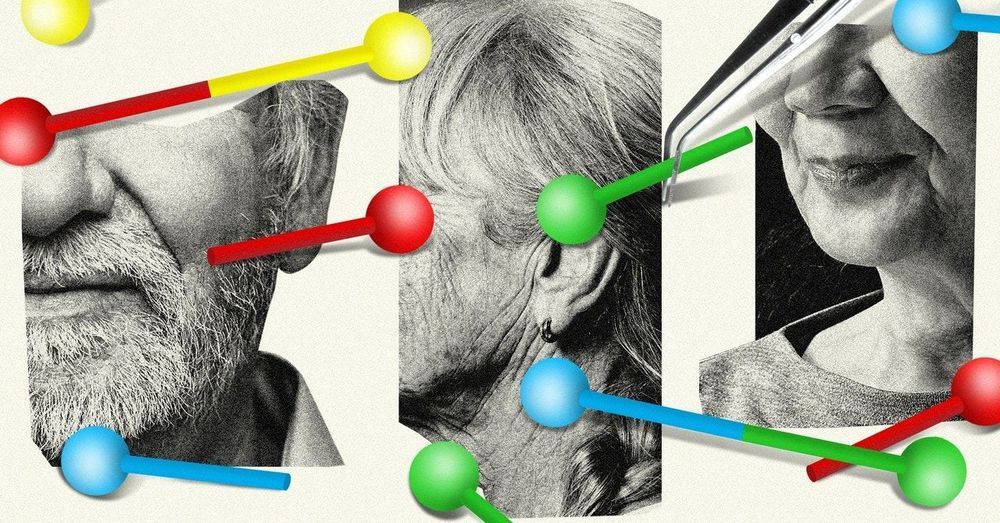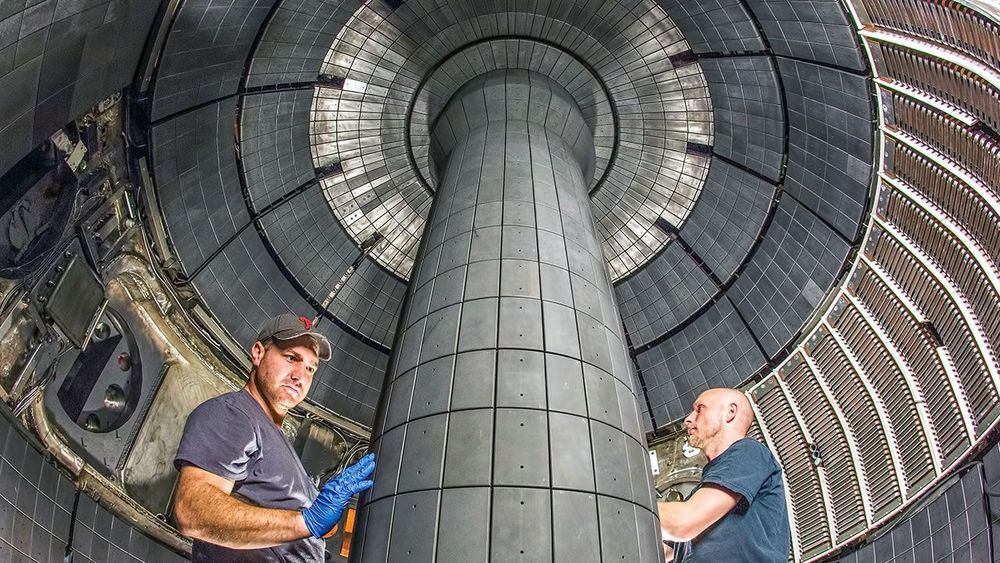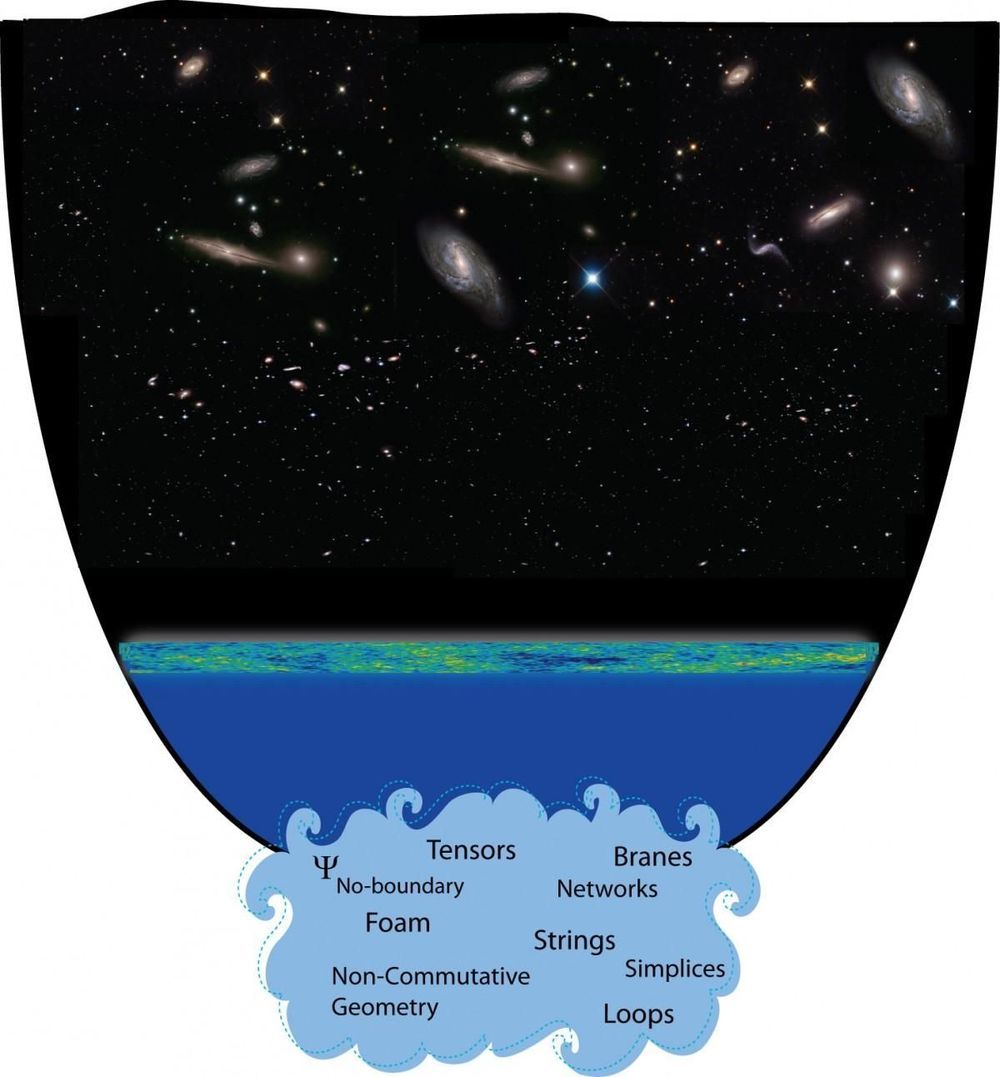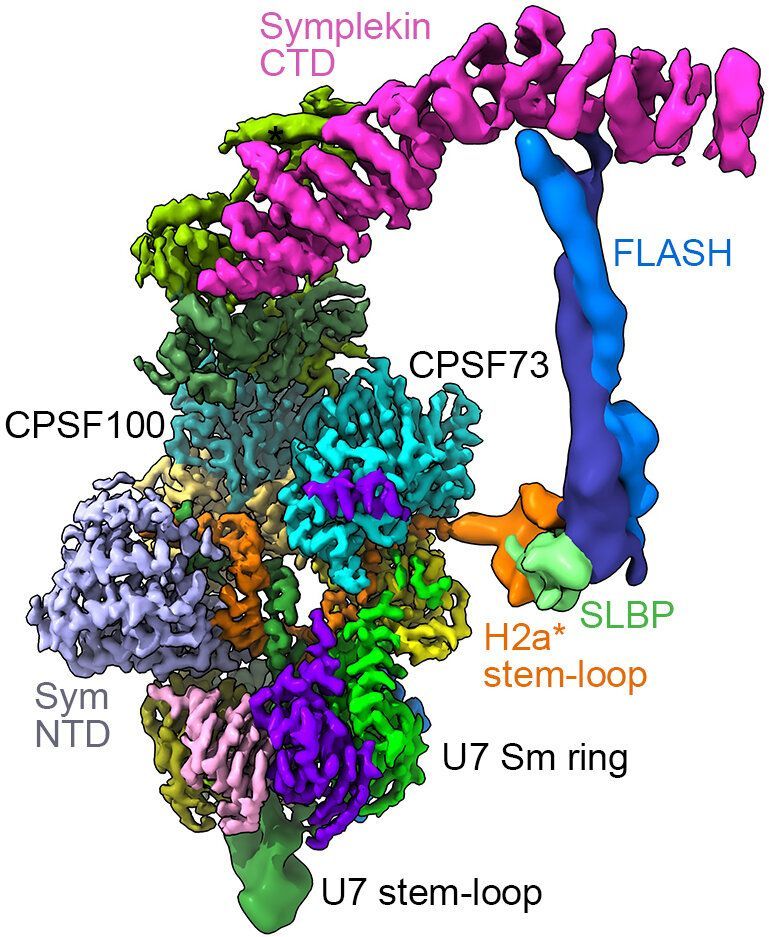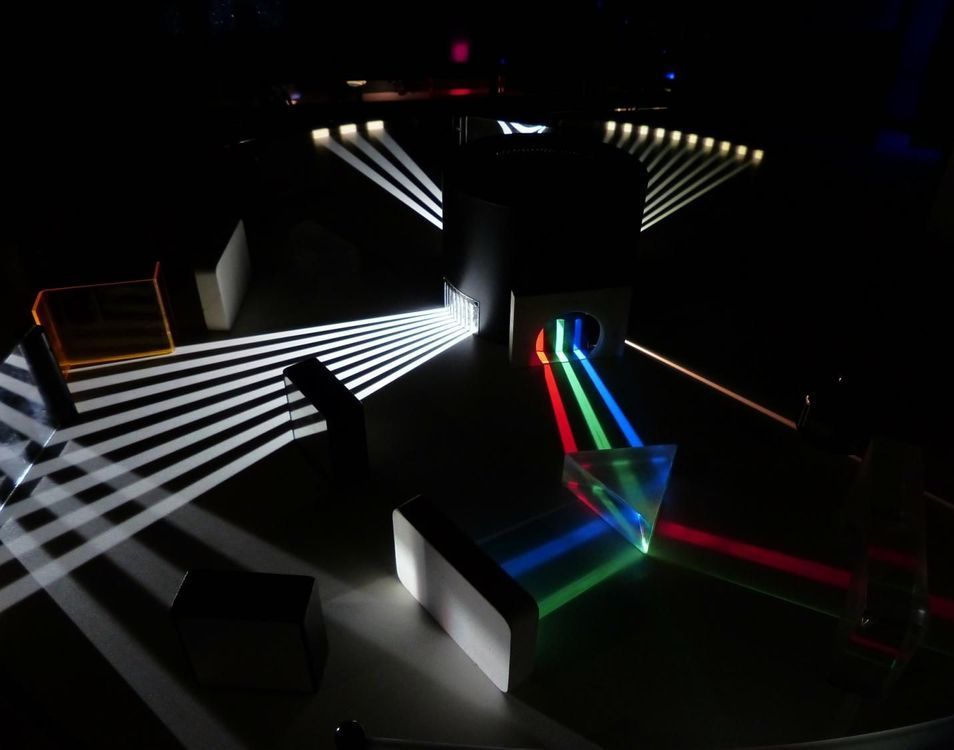
Researchers at Tel Aviv University have for the first time demonstrated the backflow of optical light propagating forward. The phenomenon, theorized more than 50 years ago by quantum physicists, has never before been demonstrated successfully in any experiment—until now.
“This ‘backflow’ phenomenon is quite delicate and requires exquisite control over the state of a particle, so its demonstration was hindered for half a century,” explains Dr. Alon Bahabad of the Department of Physical Electronics at TAU’s School of Electrical Engineering, who led the research for the study.
“This phenomenon reveals an unintuitive behavior of a system comprised of waves, whether it’s a particle in quantum mechanics or a beam of light. Our demonstration could help scientists probe the atmosphere by emitting a laser beam and inducing a signal propagating backward toward the laser source from a given point in front of the laser source. It’s also relevant for cases in which fine control of light fields is required in small volumes, such as optical microscopy, sensing and optical tweezers for moving small particles,” Dr. Bahabad says.




